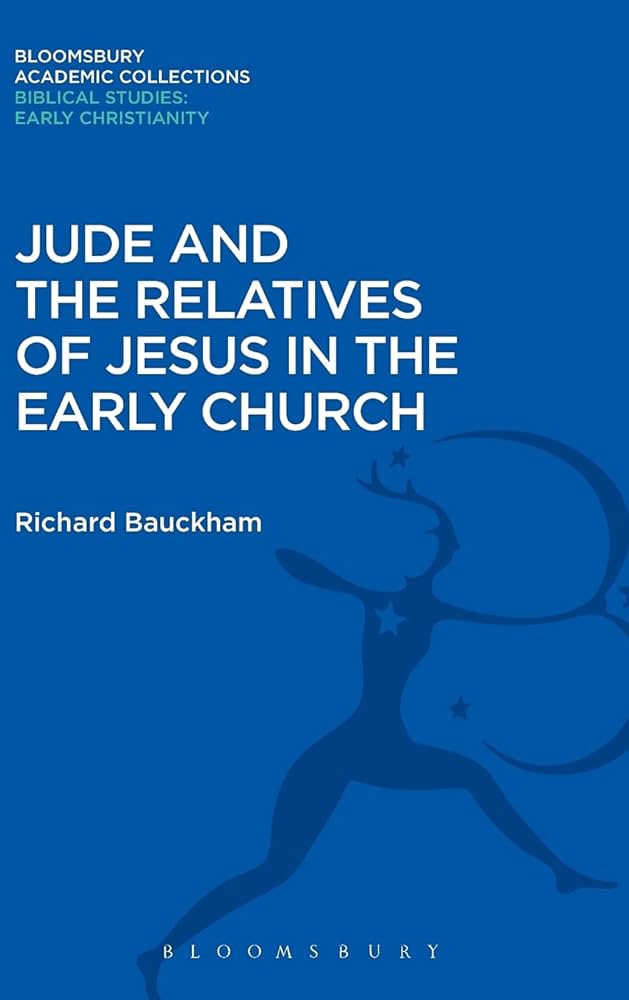Another very interesting work by Richard Bauckham--this one focuses on the other brothers and relatives of Jesus outside of the heavily written about James. The second half of the book is mostly a close reading of the book of Jude, which while providing some interesting insights, is not so engaging as the first half, but that first half was very much illuminating in ways I never expected.
I first came across mention of this book in another work in that author's discussion of the family of Jesus in Ctesiphon in the second century. I had been aware of this claim in primary works, but I hadn't given it much thought until mentioned there. I was, like, I've got to check out what Bauckham had to say about that, and I'm glad that I did. The reason: Bauckham, in his focus on Jesus's family, sees possible ties to Jewish Christian settlements in the East (not heavily covered here, but not really covered anywhere) but also in Galilee, which until now, based on other reading, I'd largely figured was mostly devoid of Christians after the first century. By tracing where such people as Symeon (James's successor in Jerusalem) actually came from, he's able to show the likely continuing influence of Jesus's family in the region of Galilee.
The section on the book of Jude goes heavily into the way it interacts with the book of Enoch and the Testament of Moses and traces its views of Christ as God, which is a high Christology. Alas, I kind of figured Bauckham would tie the two things--the relatives and the book together--at the end, but it didn't really come together as I hoped or thought it would. He tries to do it via a discussion of the genealogy of Jesus as recorded in Matthew and most especially Luke, and while he certainly shows that the genealogies had rhetorical purposes (ties to specific individuals, to David but not through the kingly line, numbers of generations, etc.), the discussion didn't for me really tie things together as much as I'd have liked. Still, much of this book blew my mind in terms of the observations I hadn't yet considered.







No comments:
Post a Comment